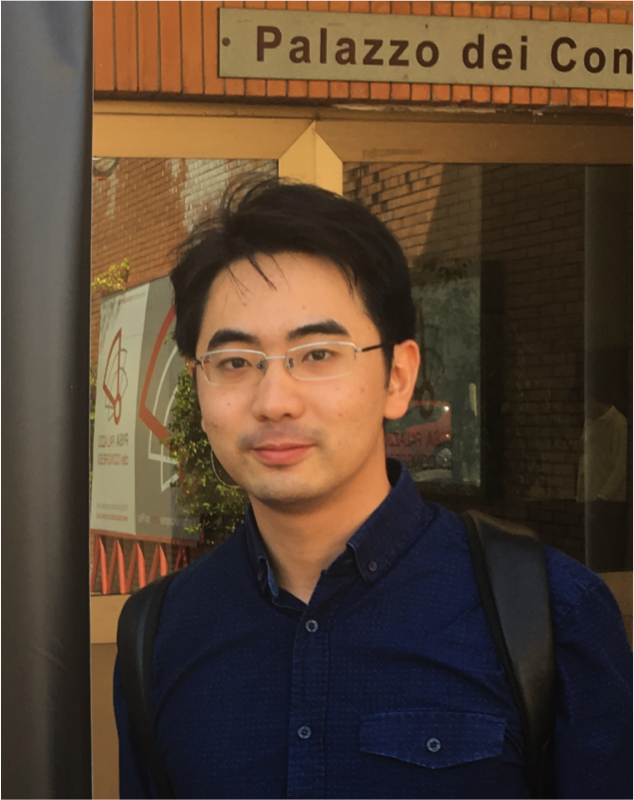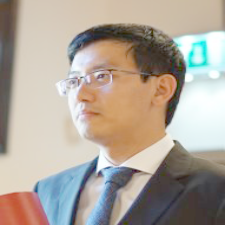Videos can be downloaded from here.
Keynotes
Abstract: In this talk, I present a hybrid approach based on a Grounded Text Generation (GTG) model to building robust task bots at scale. GTG is a hybrid model which uses a large-scale Transform neural network as its backbone, combined with symbol manipulation modules for knowledge base inference and prior knowledge encoding, to generate responses grounded in dialog belief state and real-world knowledge for task completion. GTG is pre-trained on large amounts of raw text and human conversational data, and can be fine-tuned to complete a wide range of tasks. The hybrid approach and its variants are being developed simultaneously by multiple research teams. The primary results reported on task-oriented dialog benchmarks are very promising, demonstrating big potential of this approach. I provide an overview of this progress and discuss related methods and technologies that can be incorporated for building robust conversational AI systems.
Abstract: Recommender system serves users in an interactive manner by nature. However, most existing research has solved it as a prediction problem on static data and ignored the interactive nature. Such a static paradigm of recommendation has intrinsic limitations: it cannot solicit a user’s current preferences explicitly, and cannot identify accurate reasons as to why a user likes/dislikes certain item. We believe recommender systems should embrace conversational technologies to obtain user preferences explicitly and dynamically, and to overcome inherent limitations of their static models. In this talk, I will introduce our recent work on WSDM 2020 and KDD 2020 that formulate and address the conversational recommendation issue, providing a new direction orthogonal to traditional recommendation research.
Paper Presentations
-
Attribute-aware Diversification for Sequential Recommendations
Anton Steenvoorden, Emanuele Di Gloria, Wanyu Chen, Pengjie Ren and Maarten de Rijke
-
From A Glance to “Gotcha”: Interactive Facial Image Retrieval with Progressive Relevance Feedback
Xinru Yang, Haozhi Qi, Mingyang Li and Alexandar Hauptmann
-
Continuous click behavior in academic search environment
Zhu Liang, Chuan Jiang, Dongbo Wang and Si Shen
-
Topic-diversified Neural Dialogue Generation
Hengyi Cai, Hongshen Chen, Xiaofang Zhao, Dawei Yin, Zhuoye Ding, Yongjun Bao and Weipeng Yan
-
Continue or SHIFT: Learning Conversational Patterns for Dialogue Generation
Shaoxiong Feng, Xuancheng Ren, Kan Li and Xu Sun
-
Constructing Transparent QA Chatbot based on the Official Website Documents
Wataru Sakata, Ribeka Tanaka and Sadao Kurohashi
Organizers
Research Scientist at Data Science Lab, JD.com
Professor at Shandong University.
Postdoctoral researcher at the Information and Language Processing Systems (ILPS) group, University of Amsterdam.
Director of Search Science at Baidu.
Vice President of Technology of JD.COM Inc., Deputy Managing Director of JD AI Research, and Head of the Deep learning, NLP and Speech Lab





